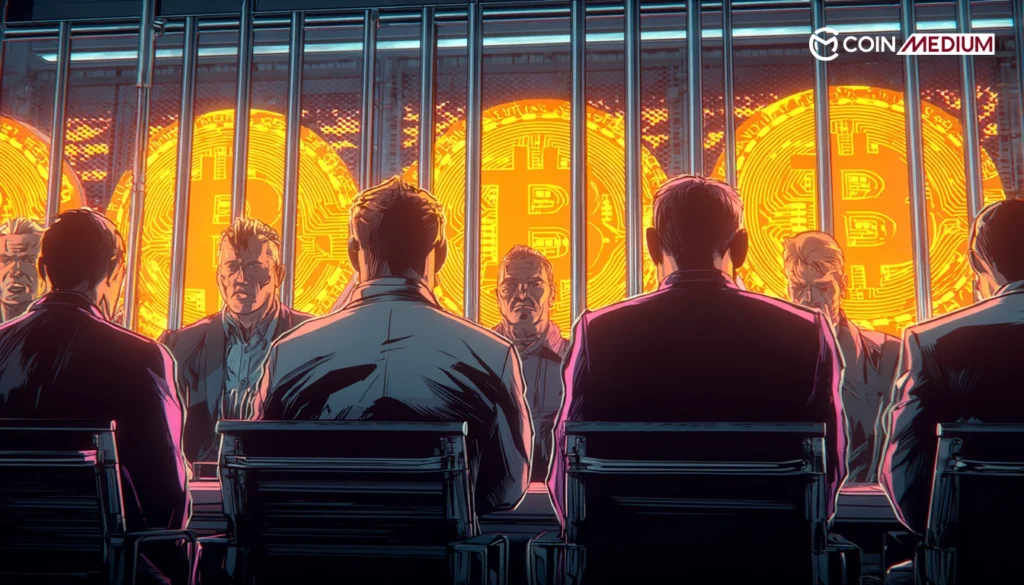- Established Arizona’s Bitcoin and Digital Assets Reserve Fund to hold unclaimed digital assets for three years
- Rejected the Arizona Strategic Bitcoin Reserve Act, which would have allowed up to 10% of state funds to be invested in Bitcoin, citing its volatility and risk to the retirement system
- Implemented strict Bitcoin ATM regulations, including fraud warnings, transaction caps, and refund provisions to protect consumers
Arizona’s Governor Katie Hobbs vetoed a bill that would have allowed the state to create a fund to store cryptocurrency seized in criminal investigations.
House Bill 2324 proposed the establishment of a “Bitcoin and Digital Assets Reserve Fund” to manage digital assets forfeited to the state.
Governor Hobbs rejected the measure on July 01, 2025 stating in a formal veto letter that the law would discourage cooperation from local law enforcement by removing seized digital assets from their control.
“This bill disincentivizes local enforcement from working with the state on digital asset forfeiture by removing seized assets from local jurisdictions,” she wrote.
The journey of House Bill 2324 through the state legislature was turbulent.
Initially defeated during a House vote in May, the bill was revived by the Senate through a reconsideration vote in June. The House eventually passed the bill with a 34–22 vote on June 24, 2025.
Despite its passage, the governor’s veto has now halted its progress.
Although lawmakers technically have the ability to override the veto, doing so would require a two-thirds majority in both the House and Senate; an outcome that appears unlikely at the moment unless several legislators change their position.
Mixed Success for Crypto Bills in Arizona
So far Governor Hobbs has vetoed three separate crypto-related bills this legislative session, including earlier versions of a seized assets reserve proposal. So far, only one major crypto bill has been signed into law.
In May 2025, Hobbs approved House Bill 2749, which allows the state to take control of unclaimed or abandoned digital assets, such as dormant cryptocurrency wallets. While this law also created a reserve fund, it differs from HB 2324 because it does not involve assets actively seized during criminal investigations.








